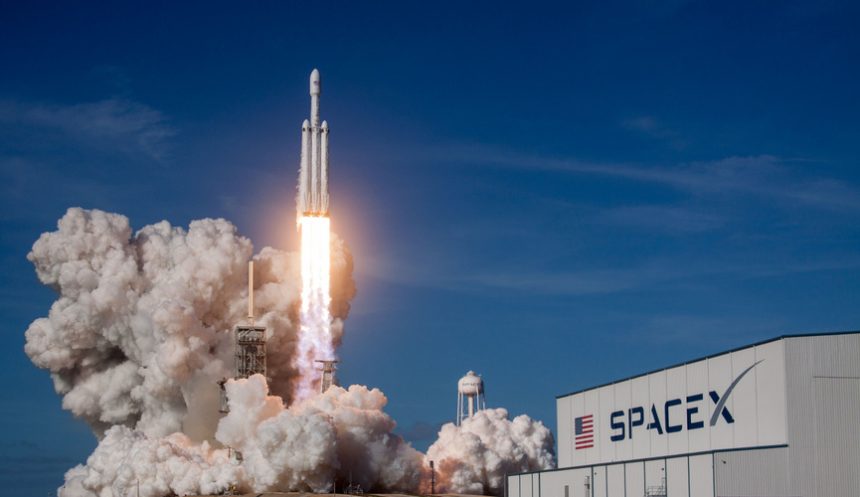Mexican President Claudia Sheinbaum has issued a formal warning: her government is preparing legal action against SpaceX after rocket debris from Starship test explosions in Texas landed in Mexico’s Tamaulipas state. The escalation reflects growing environmental and sovereign tensions across the U.S.–Mexico border.
Debris From Starship Explosions Falls into Mexico
On June 18, SpaceX’s Starship prototype exploded during a ground test at its Starbase facility in South Texas. Metal fragments, plastic pieces, and other debris were scattered across the border, landing in the Mexican state of Tamaulipas. A prior launch failure on May 27 also left debris on Tamaulipas beaches—raising serious environmental worries.
Sheinbaum Announces Investigation and Legal Threats
At her June 25 press conference, President Sheinbaum said her administration was conducting a “comprehensive review” into environmental contamination and potential breaches of international law. She warned Mexico could “file the necessary lawsuits” against SpaceX over pollution of its territory.
Examining Potential Law Violations
Mexican authorities are probing treaty obligations related to cross-border environmental damage and examining whether SpaceX’s testing violated international norms. Concurrently, Tamaulipas’s governor has requested studies to assess safety and compliance of the Starbase site’s proximity to populated areas.
U.S. Increases Starship Launch Cadence
Earlier this year, the U.S. Federal Aviation Administration raised SpaceX’s Starship test-flight cap from five to 25 per year—despite environmentalist warnings about risks to coastal wildlife and escalated cross-border fallout.
A Pattern of Environmental Concern
Starbase has faced criticism for fires, leaks, and environmental impacts since 2019, with local groups and experts citing endangered wildlife disruption and wastewater pollution. These cross-border stakes heighten Mexico’s concerns and fuel the legal review.
Diplomatic and Legal Stakes Ahead
Sheinbaum’s threat follows Mexico’s recent lawsuit against Google over map labeling—signaling a robust stance on sovereignty and environmental rights. If formal lawsuits proceed, SpaceX could face operational, regulatory, and reputational consequences. Mexico aims to secure environmental justice and ensure accountability for foreign companies operating near its borders.
What Comes Next
- Authorities will determine whether SpaceX’s debris violated international environmental conventions.
- If so, Mexico could pursue civil or even multilateral legal action.
- SpaceX may need to negotiate clean‑up, reparations, and possible limitations on future tests near the border.
- The diplomatic fallout may impact broader U.S.–Mexico cooperation and spark deeper review of SpaceX activities in shared ecosystems.
Mexico’s move against SpaceX marks a unique legal challenge in the space age—blending environmental protection with border sovereignty. As technical and legal questions unfold, the case could set a precedent for transnational accountability of private space operations.











